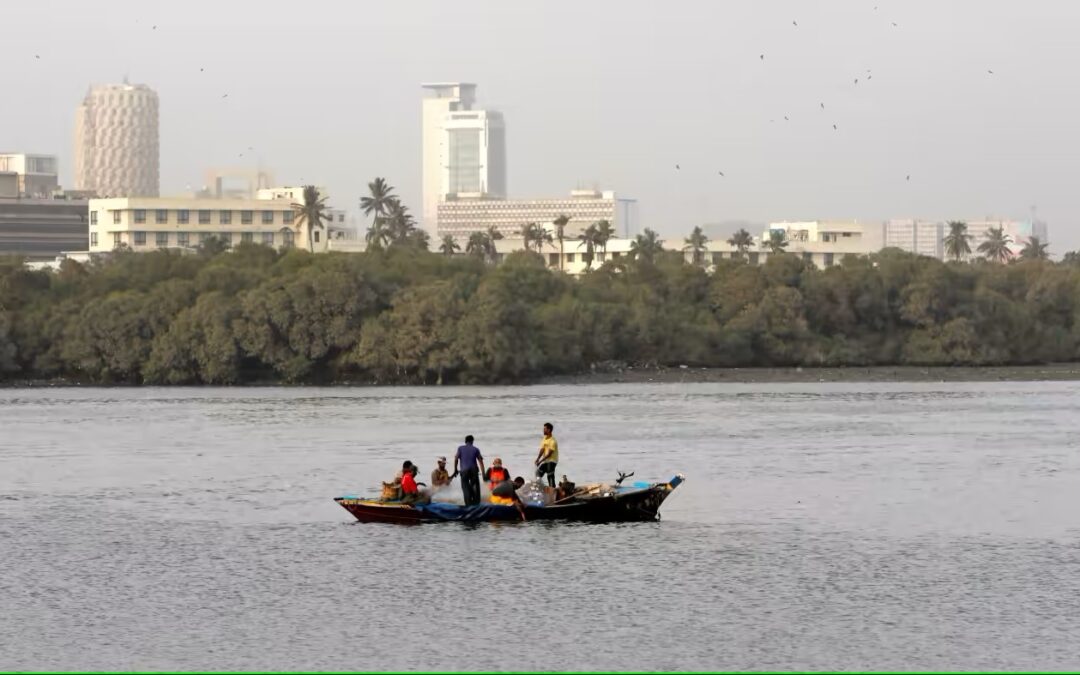Charles Bedford and Nadeem Khan (CEO of of Indus Delta Capital) look at the damage that might be caused by the groundswell of noise about carbon projects.
Carbon markets are the talk of the town; they are growing at a staggering rate with one report suggesting they will see 25% year-on-year growth between now and 2028. Businesses are falling over themselves to invest in credible projects that allow them to meet their own and their government’s climate goals.
There is, however, a growing swell of noise steadily working its’ way to fever pitch demanding to see the end of carbon markets for good. Critics claim they allow businesses to carry on operating in their polluting ways while assuaging their guilt and massaging their reputations.
The flames have been further fuelled by a recent storm of media coverage targeting some carbon offset projects themselves – with UN-REDD forest conservation programs in particular caught in the crosshairs.
Newspapers in the global North have reported that some of these projects have overstated their carbon emissions reductions. As a consequence, they have questioned the role and impact of carbon markets and are demanding they be dismantled.
However, in suggesting we should abandon them completely and start from scratch, they risk throwing the baby out with the bath water.
The real kicker in all of this is that most of those getting on their high horse tend to live in the least climate-affected countries while the projects they advocate stopping provide genuine support to communities most affected.
Let us take the Delta Blue Carbon (DBC) project in Pakistan’s Indus Delta as an example. Pakistan is not only among the most populous countries, many of its citizens live below the poverty line and face the challenge of being the fifth most climate-vulnerable country in the world.
DBC’s goal is to restore and protect the mangrove forests in the delta, an ecosystem which has an outsized ability to sequester vast amounts of carbon a year. Estimates are that the world’s mangrove ecosystems could, by themselves, reduce annual CO2 emissions by the equivalent of 117 million homes in the United States.
Those are staggering numbers, but in many ways, the co-benefits to the population of the Indus Delta are even greater.
The project, a partnership with the provincial Government of Sindh, will create 21,000 jobs for both men and women to safeguard the tidal wetlands for decades to come. Those jobs provide a source of income that was not previously available, helping move thousands of families out of poverty.
Under the agreement with local community leaders, the DBC team is installing technology in the area to provide clean and safe water for 49,000 people in 60 villages. For many, this will be the first time they have had access to clean water on their doorstep, not only saving lives but hundreds of hours a year by not having to make daily trips to a distant well.
Designed in partnership with local communities, the project is also bringing health to the community by providing ambulances and mobile health services that augment government facilities, while also improving access to these facilities.
Education is another co-benefit. Work is being done to improve learning facilities as well as making primary and secondary education more accessible. The education does not stop there, though; there are training courses on crab farming, agriculture, forestry and livestock management which will help families earn a living for generations to come.
Once you take into account the positive impact mangrove forest restoration has on local biodiversity, not least of which is to bolster fish stocks that in turn support the fishermen of the area, then the project is literally putting the net into Net Zero.
In fact, Delta Blue Carbon is positively impacting nine of the 17 Sustainable Development Goals, all while capturing and locking away 142 million tonnes of CO2 from the atmosphere over its 60-year lifetime.
It is the failure to take this into account in the discussion about the carbon markets that is most jarring, particularly when those with the loudest voices are sat comfortably in the global North. It is also a rejection of the once-in-a-lifetime opportunity we have to bring greater equity to our world.
Even the most ardent admirer of the voluntary carbon markets recognises the need to improve them. We need better ways to measure the impact of projects on carbon emissions; we need greater transparency of projects to safeguard indigenous communities; we need to address the huge hole in adaptation financing; and we need to ensure that businesses are making strides towards reducing their carbon emissions, not simply relying on offsets.
But we need to make these changes while still allowing climate finance to do its job of making our world safe and helping those most in need. A perilous path lies ahead; let’s not turn it into a road to ruin.
The original version appeared in Nikkei Asia on 30 March 2023.


